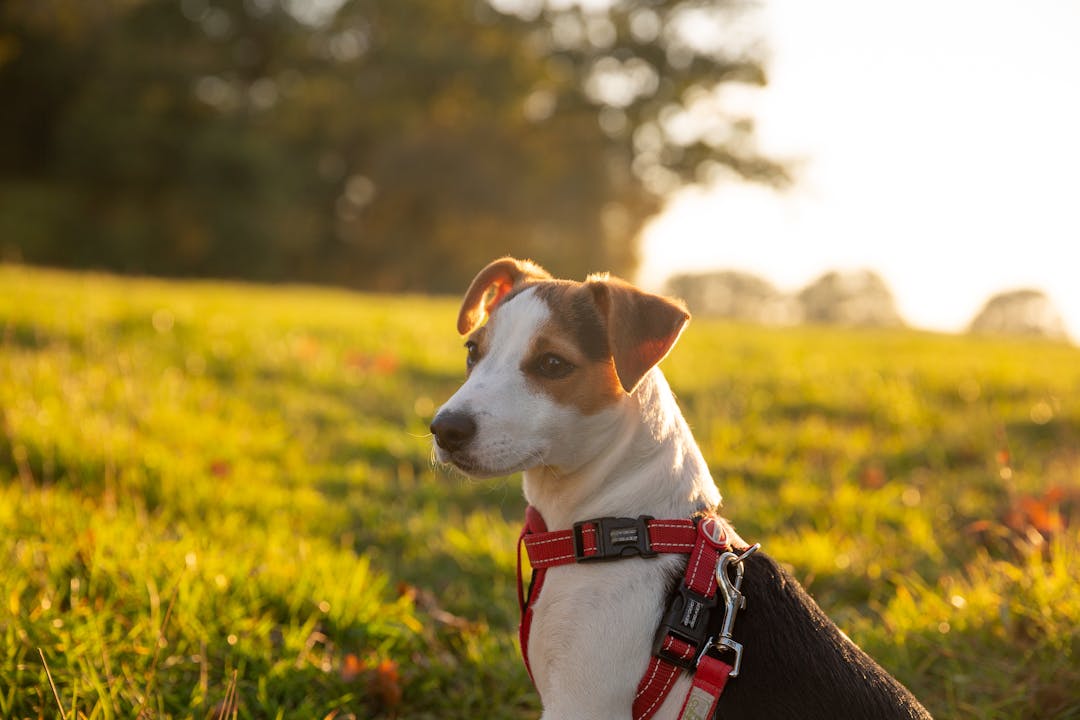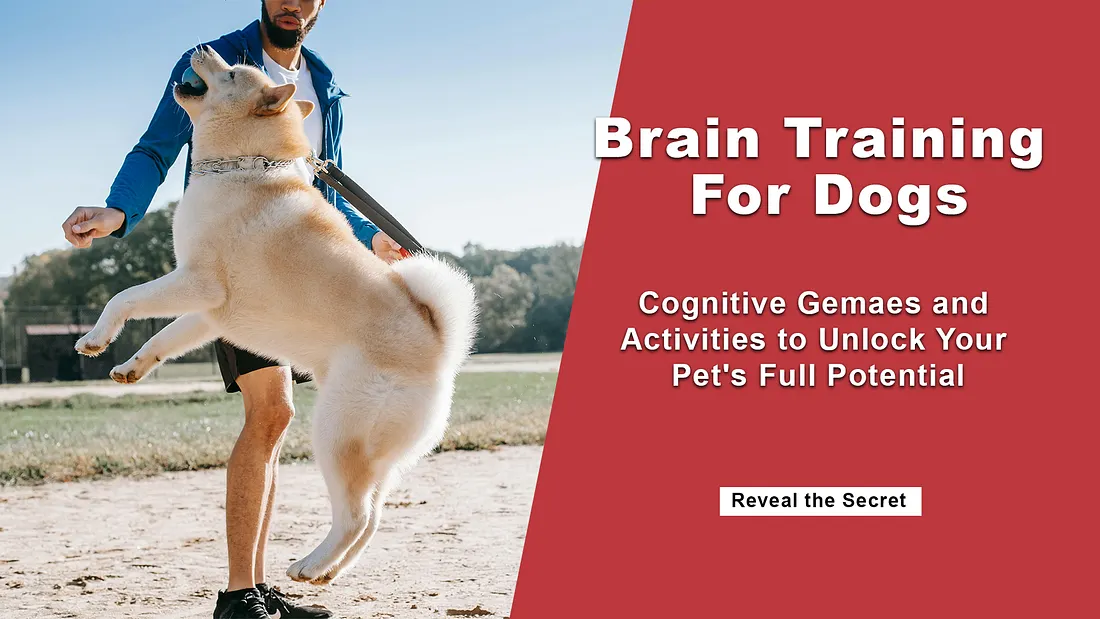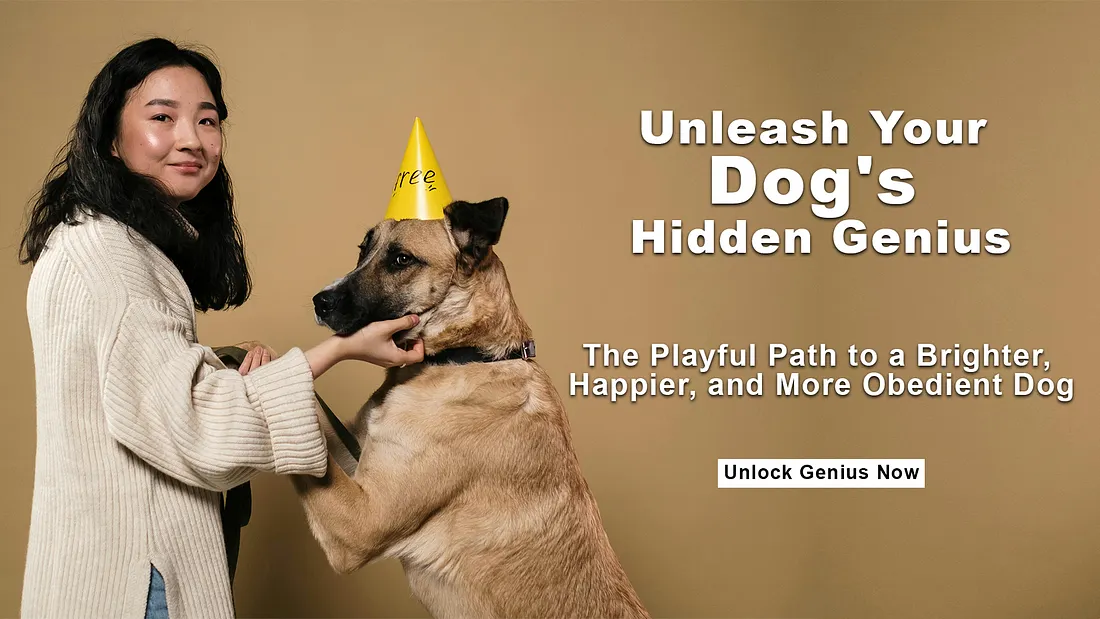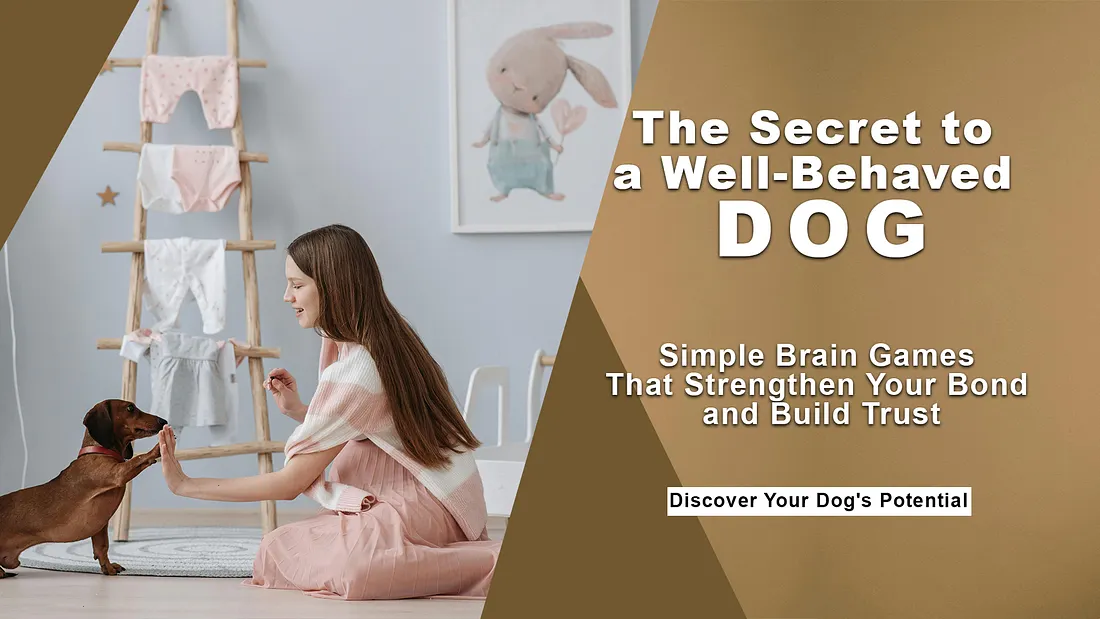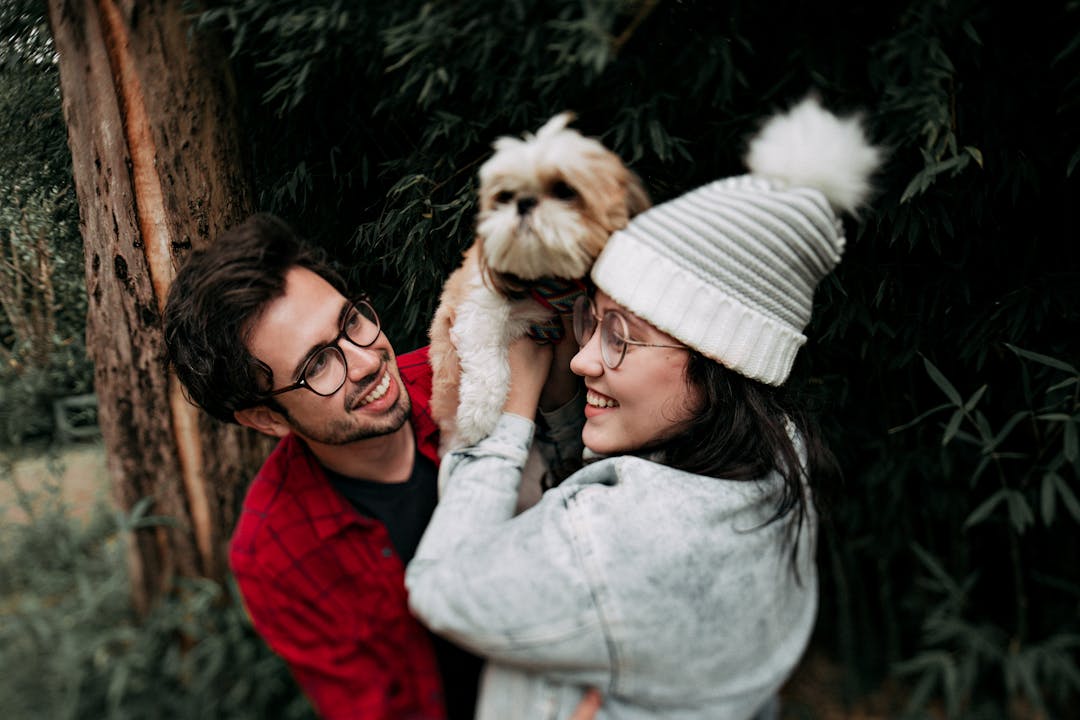Building a Lasting Bond: Trusted Dog Trainers Near You
Change Your Dog’s Bad Habits with Engaging Games
Those frustrating behaviors we often see – jumping on visitors, barking too much, leash pulling, you name it – often stem from not getting enough exercise, boredom, or a misunderstanding of what you expect. Playful training can change that!
- Got a dog that jumps for joy when guests arrive? Turn fetch into a jumping redirect.
- When guests arrive, right as your dog starts to get excited, send them on a “mission” to fetch a favorite toy.
- Praise them when they return and let your guest give them some love!
Dog Training Buttons: Is your pup more “ruff” around the edges than refined? Are you craving a better-behaved canine companion? The right dog trainer can make all the difference! Let’s break down how to discover the best dog training resources in your local area. Here we will discuss all the keywords like Dog Training Programs and Dog Behavior Getting Worse.
The Importance of Dog Training: Discover the Benefits
Dog training isn’t just about fancy tricks. It’s about creating a strong bond with your dog :
- Stronger Bond: Obedience practice creates trust and deepens your relationship with your dog.
- Less Anxious Dog: A obedient dog is less likely to get lost, engage in conflict, or show risky behaviors.
- Calmer Household: Training helps with problems like excessive barking, chewing, and potty training accidents.
Approaches of Dog Training Techniques
There’s more than one way to teach an old dog new tricks! Here are some common training options:
- Basic training classes: These cover essential commands like “sit”, “stay”, and “come”, leash manners, and socialization. They’re great for puppies and dogs new to training.
- Private Training: These sessions tackle particular behavior problems or advanced training goals.
- Board-and-Train Programs: Your dog stays with a professional trainer for focused training over a few weeks.
- Specialty Training: This includes agility classes, scent training, or protection dog training.
Finding the Right Dog Trainer
Avoid simply choosing the first name you find online. Ask about its significance how it came to be any stories associated with it :
- Are their methods based on positive reinforcement or older, punishment-based techniques?
- Prioritize trainers with credentials like CPDT-KA, that signal professional knowledge.
- Do they have experience with the types of behavioral issues you’re facing?
- Do they offer client references?
The Key to a Relaxed, Responsive, Fulfilled Dog
Everyone desires a dog that’s well-behaved and by our side. But behind every well-behaved dog isn’t just a series of commands, but also a dog that is mentally stimulated, receives plenty of exercise , and has a strong bond with its human.
Solves all three :
- Pups, just like humans, need mental stimulation! Playing games encourages them to find creative solutions. This mental workout staves off boredom, which can lead to unwanted behaviors.
- An exercised dog is usually a well-behaved dog. Incorporating physical exercise into your playtime establishes a healthy routine and provides an outlet for their energy in a safe environment.
- Nothing strengthens the owner-dog relationship like fun! Playtime encourages positive interactions, develops trust, and helps you understand your dog’s unique quirks and communication style.
Unlock Your Dog’s Optimal Behavior with Fun Brain Games
Some of the most fun games tap into your dog’s innate problem-solving skills. Here are a couple of engaging brain games to enhance your training:
- The “Find It” Game: Bury a treasured object in simple boxes or under towels. Encourage your dog to use their sniffing skills to locate the prize. Start easy and gradually increase the difficulty as they get the hang of it!
- The Shell Game: Perfect for focusing attention and building impulse control. Set up three upside-down cups (non-transparent). Conceal a tasty reward under a single cup, then shuffle them around, letting your dog choose which cup hides the reward.
- Puzzle Toys: Invest in interactive puzzles that make your dog earn its snacks. These mentally engaging toys keep pups occupied while improving their reasoning skills.
Frustrated by your dog’s barking? This step-by-step program is the solution you need.
The best dog training shouldn’t feel like a chore for you or your dog. Play-based training changes the whole experience with these key benefits:
- Boosts Motivation: Dogs, similar to children, learn faster when it’s pleasurable!
- Reinforces Recall: Games like fetch or an amped-up version of hide-and-seek naturally make your dog want to return to you, building reliable recall.
- Builds Confidence: Completing tasks through play, even simple tasks, builds positive associations and gives your dog a sense of pride.
- Reduces Stress: For both you and your dog! Play is a natural stress reliever, and the reward-based approach reduces the frustration that can come with training.
Quit Struggling with Your Dog: Teach Through Play
If the traditional “sit,” “stay,” and “heel” approach leaves you exasperated, it’s time to embrace play. Remember, dogs don’t speak our language – they learn through actions and repetition. Games break difficult tasks down into fun steps, helping them succeed in a non-pressured, happy environment.
Here’s how to incorporate play into your workout routine:
- Rather than physically pushing your dog into a seat, hold a treat above their head. As they naturally lift their head up to reach it, guide it back until they sit. Immediately reward them with praise! Now, you can add a verbal “sit” cue as the action happens. Try a similar approach by lifting a paw for “shake.”
- Rather than teaching rigid stillness, make “stay” a fun challenge. Have your dog stay in a sit for a brief moment, then toss a toy a short distance. Release them with a “fetch it!” command and reward them for coming back to you instead of chasing the toy endlessly. Gradually make the “stay” longer.
- Instead of a leash battle, turn your walk into a fun follow-along game. Change speeds suddenly, walk in circles, and switch directions unexpectedly. Reward your dog for staying close to you. Add in a verbal “heel” cue as they match your pace.
Dog Training Buttons
Do you want a more intelligent, healthier, well-trained dog?
There’s not any miracle pill for a perfectly behaved dog. However, regularly making time for interactive, playful training sessions is as close as it gets. You’ll observe the benefits extend far beyond the specific commands you teach.:
- Improved Cognitive Function: Mentally challenged dogs become more adept at problem-solving in situations beyond their training. This makes them less likely to get into trouble out of boredom!
- A Boost in Self-Esteem: A dog who knows playful “tricks” and succeeds at training games feels more confident in themselves and their relationship with you.
- Improved Physical Health: Active play is essential for maintaining a dog’s ideal weight and helps alleviate joint pain and other ailments associated with a lack of exercise.
- Decreased Anxiety: A well-exercised, mentally stimulated dog is less prone to anxiety and destructive behaviors caused by stress.
An Unexpected Method to Build a Deeper Connection with Your Dog
The time you dedicate to playful training is more than just getting the results; it’s an investment in the most important thing – your relationship. Dogs thrive on loving interaction and shared experiences. Play checks both boxes and makes you your dog’s best playmate.
- Learn Your Dog’s Language: Through play, you’ll better understand what they like and dislike, and how they express themselves.
- Does a tail wag with a tucked rear mean anxiety instead of pure joy? Play gives you a window into their world.
- Build a Stronger Bond: Play-based training avoids harsh punishments and emphasizes positive reinforcement. Your dog will see you as a partner in fun, not just an authority figure.
Warning Signs to Be Aware Of
- Those offering “guaranteed” results
- Those who focus heavily on punishment
- Anyone who won’t allow you to attend a session
- Trainers who insist on costly programs upfront
In your area Dog Behavior modification Resources
- Talk to your veterinarian: They often have great recommendations.
- Check with pet stores or dog shelters: They may provide training courses or recommendations.
- Do an online search: Try searching for “[your city] dog training classes”. Check out reviews on Google, Yelp, or similar sites.
- Find local dog-related communities: Use social media or Meetup.com to find dog owners with trainer recommendations.
Keywords: Dog Training Programs, Dog Training Buttons, and Dog Behavior Getting Worse. Your location is near Huntington Park, California, Los Angeles, 90255.
Let’s start the excitement begin!
Remember, play-based training is all about adapting and having as much fun as your dog! Let your creativity run wild, make things silly, and celebrate every small success along the way. You might even find yourself rediscovering the pure delight of being a dog owner as your loyal companion blossoms into their most joyful and most well-behaved self.
